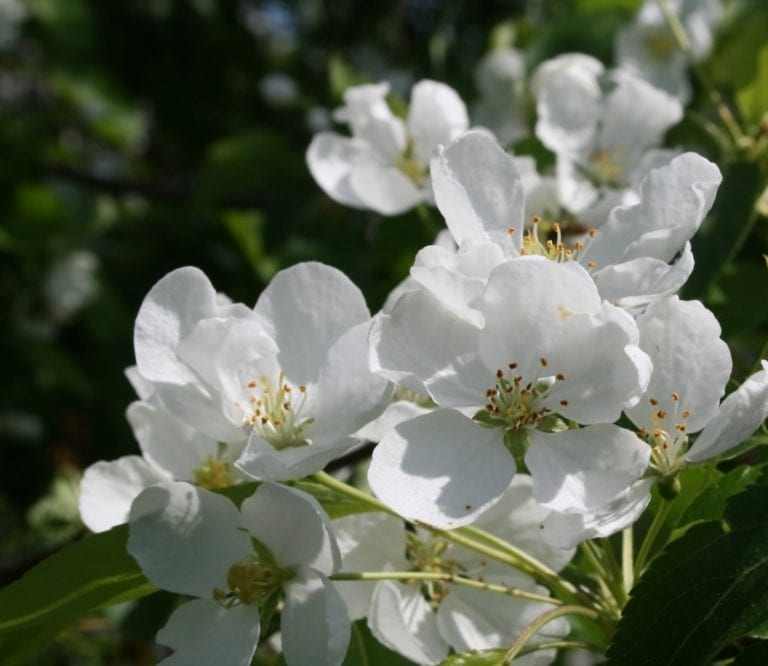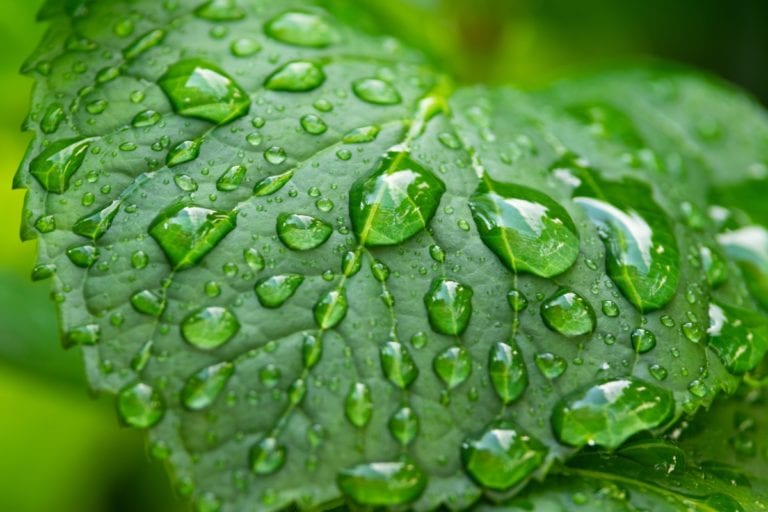674th Week: Cultivating Gratitude for Greater Well-Being
Brain research offers many new insights into the impact of our everyday attitudes and ways of being affect us as we move through our daily lives. Recently, I heard an interview on NPR where a neuroscientist talked about recent research in gratitude and its effects on neurotransmitters. The upshot of the interview was that focusing on gratitude automatically generates increased dopamine and serotonin. Both of these neurotransmitters are part of our “feel good” chemistry.
What was both intriguing and encouraging about the information offered in the interview was that it didn’t take an enormous amount of effort to elicit this neurochemical change in the brain. It got me to thinking about…
how often gratitude practice has proven helpful for clients in psychotherapy and it encouraged me to know that there is a related physiological response to this practice – an immediate reward.
For this week’s experiment, I invite you to ramp up your own gratitude practice, aware that to do so supports neurochemicals in your brain that offer a deeper sense of well-being. This doesn’t mean to force yourself to feel grateful for things that don’t actually feel that way, but it does invite you to notice that there are probably many more opportunities in any given day to experience gratitude that you may not be noticing.
For example, notice the first thing that seems to be going right at the beginning of your day and give yourself a moment to feel gratitude for it. It might be as simple as the fact that the sun is shining and you thought it was going to rain. It may be more complex, as when you remember that the milk you pour into your coffee came to you by way of so many people and resource you will never know. Offering a moment of gratitude to all who were involved, maybe especially the cows, can be a rather deep moment of gratitude. You might have something in your living space that nourishes you every time you see it. Notice the gratitude that spontaneously arises when you look at this object, plant, animal companion, person, or whatever it is that gives you such nourishment.
When doing a gratitude practice, it can help to pay attention to any mixed feelings that may arise. Many of us have had experiences with “forced gratitude” from either family, religious, school, or other contexts where we weren’t feeling gratitude at all. If mixed feelings arise, notice that you can make room for them and also notice how it is to explore gratitude as your present-day choice, not as something someone else demands you do.
As with all these experiments, please remember to bring along curiosity as your constant companion and also to remember that there’s no right or wrong way to do them. Each of these practices is an invitation to become ever more aware and conscious of how your beliefs, perspectives, and choices have a powerful impact on the quality of your inner life.




